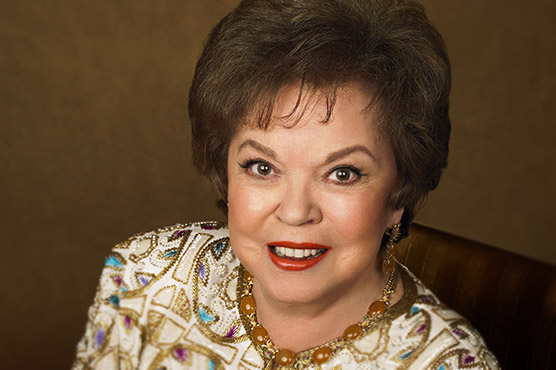Shirley Temple: Bright spot in US dark depression

After the controversial films were banned in 1933, the child star turned to feature films.
LOS ANGELES (AFP) - Iconic child star Shirley Temple Black, who has died aged 85, shone a burst of sunlight into America s dark Depression era, famously earning President Franklin D. Roosevelt s acclaim for her "infectious optimism."
Delighting audiences with her singing, dancing and simple innocence at a time when money and jobs were scarce, the star of "Curly Top" and "The Little Princess" became, at six, the youngest person ever to win an Oscar.
The actress, who went on to become a US ambassador and ran for Congress as a Republican in later life, started acting at the tender age of three, and reigned supreme at the box office for three consecutive years, from 1936 to 1938.
"As long as our country has Shirley Temple, we will be all right," Roosevelt, struggling to lead the country out of the Great Depression, once declared, lauding her "infectious optimism."
"When the spirit of the people is lower than at any other time during this Depression, it is a splendid thing that for just 15 cents, an American can go to a movie and look at the smiling face of a baby and forget his troubles," he added.
She starred in more than 40 movies, most of them before the age of 12.
Later in life, she went on to battle breast cancer.
She also served as US ambassador to Ghana and the then Czechoslovakia, as well as a US delegate to the United Nations General Assembly.
Born April 23, 1928 in Santa Monica, California, Shirley Jane Temple made her debut in "Baby Burlesques," short films which parodied the major motion pictures of the day, but in which children played the leading roles.
In them, she mimicked film diva Marlene Dietrich and Tarzan s love interest Jane, among others.
After the controversial films were banned in 1933, the child star turned to feature films and starred in "Stand Up and Cheer" the following year.
Several movies followed in the years to come, including "Bright Eyes," which featured her trademark tune, "On the Good Ship Lollipop," followed by "Heidi" and "Rebecca of Sunnybrook Farm."
Egged on by her mother to "sparkle, Shirley, sparkle," she became a wildly popular child star.
Though she made films as a teenager and a young woman, such as "The Bachelor and the Bobby Soxer" with Myrna Loy and Cary Grant and "Fort Apache" with John Wayne, Henry Fonda and her first husband John Agar, her career lacked the luster it had in its early years.
After divorcing Agar, she met her second husband, Charles Black, whom she wed in December 1950, and continued acting on television and radio.
In the 1960s, she took on a new role in politics, serving as a US delegate to the UN General Assembly under president Richard Nixon. She went on to become the US ambassador to Ghana and, later, the then Czechoslovakia.
She ran unsuccessfully for office in Congress in 1967 against California Representative Pete McCloskey, and became the first female US chief of protocol at the State Department from 1976-77, under President Gerald Ford.
Former US president George H. W. Bush paid tribute to Temple Black on Tuesday, saying he and his wife Barbara "mourn the loss of an American icon."
"She captured the affections of millions around the world by her endearing performances on the silver screen as a young girl, but I also admired Shirley for her selfless service to our country later in her life," he said.
Black received the prestigious Kennedy Center Honors in 1998, where then president Bill Clinton joked: "Shirley Temple had the greatest short career in movie history and then gracefully retired to, as we all know, the far less strenuous life of public service."
She was named one of the greatest movie stars of all time by Premiere magazine and Entertainment Weekly, and also figures on the American Film Institute s list of the 50 Greatest Screen Legends.
She won a juvenile Academy Award in 1935, and a lifetime achievement award from the Screen Actors Guild in 2006.
Her husband Charles Black died on August 4, 2005.



